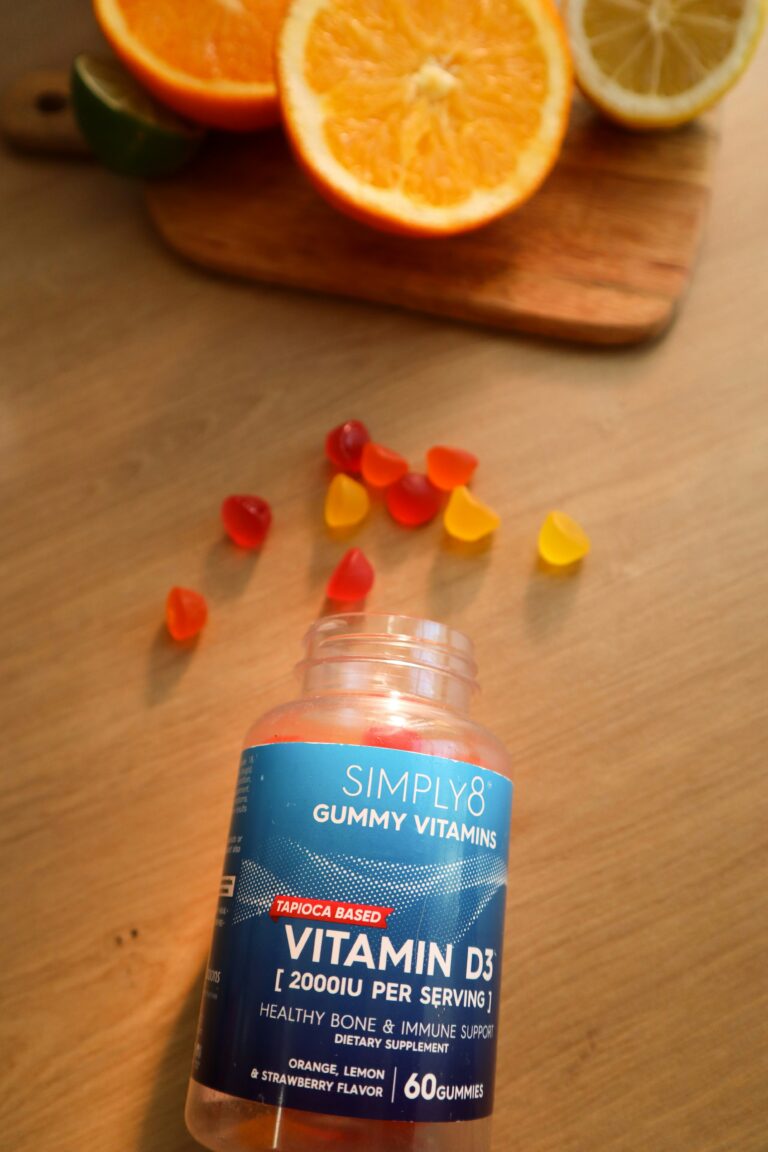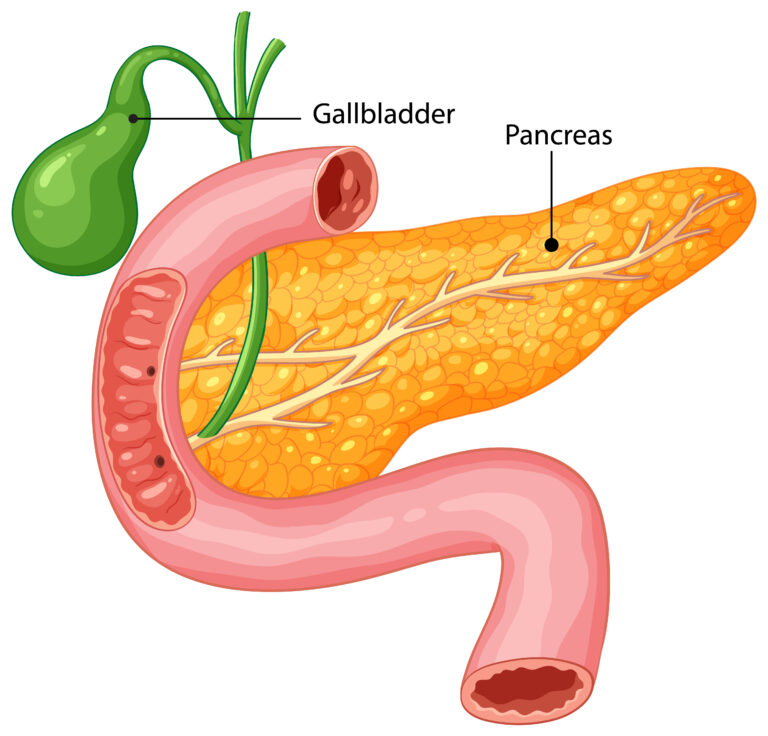Discover how FODMAPs in over-the-counter medications can impact your digestive health. This guide provides insights into managing IBS symptoms while using common medications.

Introduction
Did you know that what you take for relief might actually be contributing to your discomfort? For those managing Irritable Bowel Syndrome (IBS), understanding FODMAPs in over-the-counter medications is crucial! FODMAPs, or fermentable oligosaccharides, disaccharides, monosaccharides, and polyols, can exacerbate symptoms like bloating and gas. In this guide, we’ll explore how these compounds can be present in everyday medications and what you can do to manage your health effectively. Let’s dive into the world of FODMAPs and empower your choices!
What Are FODMAPs?
FODMAPs are a group of short-chain carbohydrates that are poorly absorbed in the small intestine. They include fermentable oligosaccharides, disaccharides, monosaccharides, and polyols. These compounds can lead to digestive distress in some individuals, particularly those with IBS. Common sources of FODMAPs include certain fruits, vegetables, dairy products, and even some sweeteners. Understanding what FODMAPs are and where they can be found is essential for anyone looking to manage their digestive health effectively.
Why FODMAPs Matter in Medications
When it comes to managing IBS or other gastrointestinal issues, the ingredients in over-the-counter medications can play a significant role. Some medications may contain high-FODMAP ingredients that could trigger symptoms like bloating, gas, or abdominal pain. It’s important to pay attention to ingredient labels and be aware of how these compounds might affect your digestion. By understanding the impact of FODMAPs on your body, you can make more informed choices about the medications you take.
Common medications (fODMAPS in over-the-counter medications)
Many individuals are unaware that certain over-the-counter medications contain high-FODMAP components. Some cough syrups or chewable antacids, for instance, may contain sorbitol or mannitol, both of which can trigger digestive problems in sensitive people. It is essential to be informed about these ingredients and carefully inspect the labels of any OTC items you plan to use. Taking a proactive approach to monitoring what you consume can aid in preventing unnecessary discomfort.
Managing IBS While Using OTC Medications
Managing IBS while relying on over-the-counter medications doesn’t have to be complicated! Start by selecting low-FODMAP alternatives whenever possible. Consult with healthcare providers who understand your condition and can recommend suitable options that won’t exacerbate your symptoms. Additionally, consider lifestyle adjustments such as dietary changes or stress management techniques that complement your medication use. A holistic approach often leads to better outcomes for those dealing with IBS.
Alternatives to High-FODMAP Medications
If you find that certain over-the-counter medications trigger your IBS symptoms, don’t worry—there are alternatives available! Many low-FODMAP medication options exist that can provide relief without causing discomfort. Additionally, natural remedies such as ginger or peppermint tea may help soothe digestive distress. Always consult with a healthcare professional before trying new treatments to ensure they align with your health needs.
Conclusion
Navigating the realm of medications with IBS can be tricky, especially in grasping the concept of FODMAPs. Understanding the inclusion of these elements in OTC meds empowers you to make optimal decisions for your gut health. It is crucial to seek guidance from a medical expert to craft a personalized plan. Embrace your wellness journey today!





